Governance is the process of maintaining order and coordinating behavior among societal actors with disparate interests, while advancing public values. The formal institutions of government usually lie at the center of this process, but it often extends well beyond them. Order in many societies emerges from interactions among the public, private, and “third” (encompassing academia, advocacy organizations, foundations, and the like) sectors. Governance, so conceived, is (along with power) the basic subject of my home discipline of political science. At George Mason, I teach U.S. national institutions as well as specialized courses on technology, science, innovation and the future for doctoral, masters, and undergraduate students.
My research deals with questions of governance on several levels. At the state level, my research on entrepreneurship and public policy considered how policy-makers can gain sufficient knowledge from and engage the energy of the private sector without (among other things) being captured by private interests. At the national level, my work on science and technology policy-making has sought to characterize an emergent governance structure that involves sometimes unexpected interactions among the three sectors and diverse policy areas. I have also done substantial research on the relationship between business and government broadly construed. At the global level, I ask whether governance structures can be devised that advance the global public interest while sustaining the pace of innovation and preserving the basic requisites of sovereignty.
